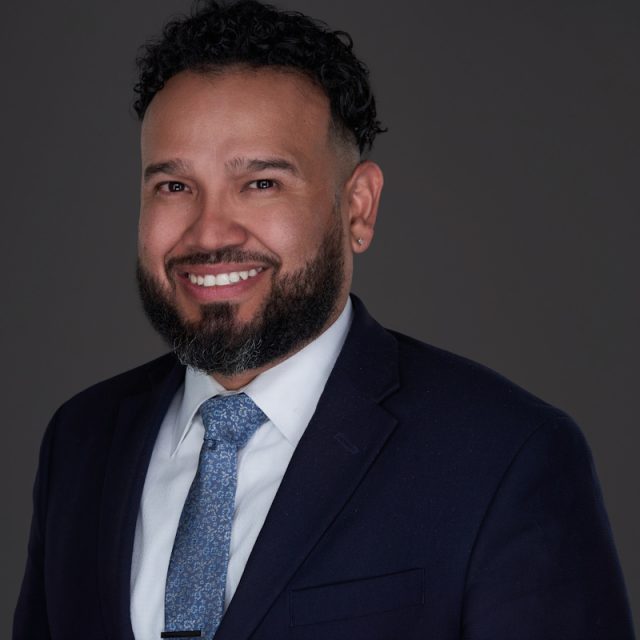Felony Division

Chief Assistant Public Defender
Tayron Lopez
Tayron Lopez
Tayron Lopez serves as Chief Assistant Public Defender for the Felony Trial Division of the Law Office of the Public Defender as well as the head of the Forensic Unit. Mr. Lopez obtained his Bachelor of Science degree in Criminal Justice from Florida International University in 2007; he subsequently attended St. Thomas University School of Law where he earned his Juris Doctorate in 2016. Mr. Lopez acted as the Senior Articles Editor of the Journal of Complex Litigation, the Vice-President of Moot Court, and a member of the trial team. As the result of his exceptional litigation skills, Mr. Lopez was selected as member of the Order of Barristers, and he continues to earn accolades for his advocacy skills from the Broward Association of Criminal Defense Lawyers, which awarded him four Hat Trick Awards, the Fearless 50 Award in 2023, and the Sweet 75 Award in 2024.
Mr. Lopez previously served as Supervisor of County Court. In his spare time, Mr. Lopez volunteers as guest judge for law students and high school students at their mock trial events.
Felony Trial Division
The felony trial division handles more serious charges where a defendant is facing punishment greater than 364 days incarceration. These include the majority of drug charges, thefts, burglaries and enhanced misdemeanors, as well as crimes against persons, such as aggravated battery, sex crimes and homicides. The attorneys assigned to these divisions are more experienced and must have completed arduous training in order to represent and appropriately counsel clients with felony charges.
The felony trial divisions also address violations of probation and community control. First time offenders may qualify for Pretrial Intervention (PTI), depending on the crime alleged and subject to agreement of the victim. While this program can sometimes take a year to complete, a client can reap the benefits of having the charge ultimately dismissed and one day expunged from their record. There are time limitations for entering the PTI program run by the State Attorney’s Office; interested clients should speak with their assigned attorneys as quickly as possible and decide whether they should seek to challenge the charge or enroll in such a program.

